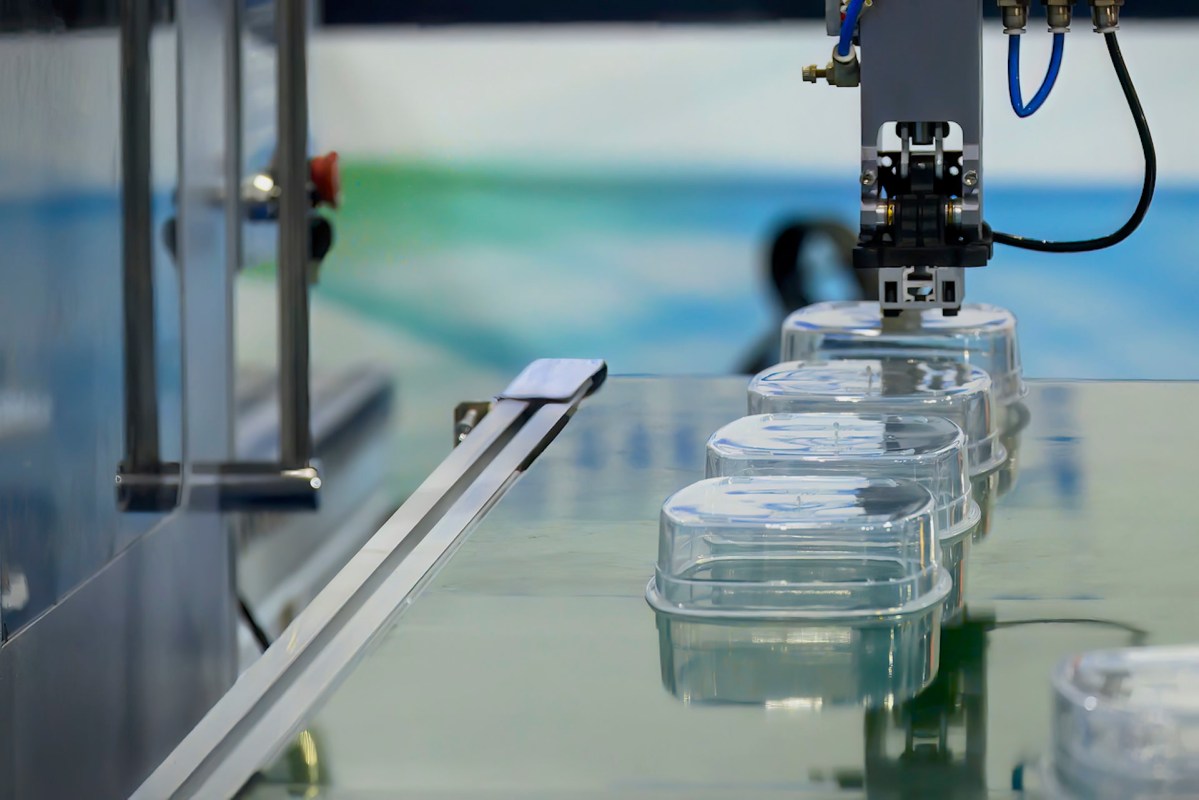As oil companies see less demand for dirty energy sources, they are shifting their focus to producing plastic, Grist recently reported. Not only are plastics plants releasing toxic air pollution into vulnerable communities of color, but they're also doing it at taxpayers' expense.
What's happening?
According to an Environmental Integrity Project report, 32 of 50 recently built or expanded plastics plants in the United States received nearly $9 billion of funding through taxpayer dollars. Even more unsettling, the researchers found that two-thirds of the more than 590,000 people living near these plants were people of color.
"It's outrageous, and it's been going on for the 25 years that I've been doing this work," Anne Rolfes, director of the nonprofit Louisiana Bucket Brigade, told Grist.
Yet major oil companies like Exxon Mobil and Shell continue ramping up plastic production along the Gulf Coast of Texas and Louisiana, with little concern for their hazardous pollution. The demand for plastics is increasing, and the rate of successful recycling can't keep up.
Why is this shift concerning?
The rapid growth of the plastic industry is disproportionately affecting Black and Latino communities and putting vulnerable populations at risk of dangerous and illegal air pollution from a lack of control of the toxic gases created by plastic production.
It's shocking to learn about the industrial area in southwest Louisiana known as "Cancer Alley" because of how much more susceptible people living here are to cancer and other diseases compared to the national average.
Plastic manufacturers are not being held accountable for their environmental impacts, and public funds are being misdirected away from positive community projects like infrastructure and schools. Meanwhile, it appears that these plastic plants offer little to no economic benefit to their communities.
"The truth of the matter is we don't benefit from these industries. They don't hire local people. And they don't pay taxes," one southwest Louisiana resident shared.
What's being done about toxic plastic production?
Fortunately, environmental nonprofits are fighting for stricter standards to control air pollution from plastic plants. The Environmental Protection Agency recently approved new regulations limiting toxic pollution from petrochemical plants — a win for reducing cancer risks, improving air quality, and advancing our nation's commitment to racial and environmental justice.
We can hold plastic polluters accountable by paying attention to pollutant monitoring data available online and voting for leaders who put our people and planet first. Something else you can do as an individual is limit your personal plastic consumption and avoid all single-use plastic items, such as shopping bags, nonreusable water bottles, and unnecessary packaging.
Join our free newsletter for cool news and actionable info that makes it easy to help yourself while helping the planet.









